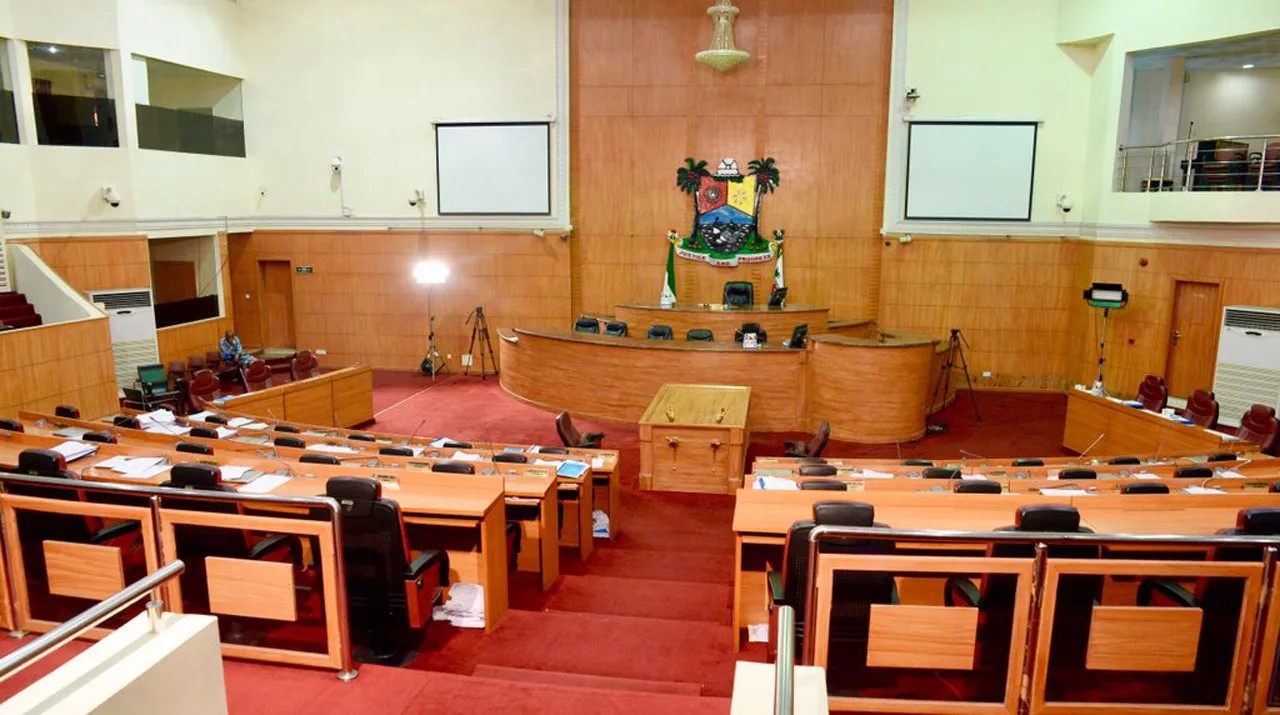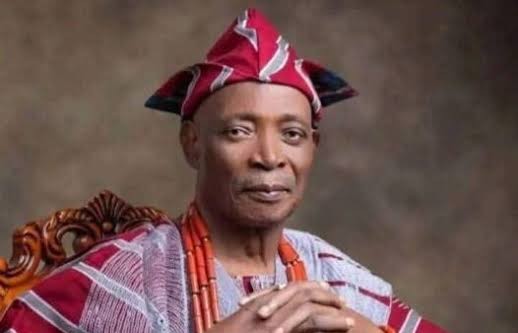
A body comprising retired and serving Nigerian diplomats – the Association of Foreign Relations Professionals of Nigeria (AFRPN) – has warned that if Nigeria and the rest of Africa are to be liberated economically, its power sector must be prioritised.
It also maintained that to avert neocolonialism, a Public-Private Partnership (PPP) approach must be adopted toward economic emancipation.
Speaking yesterday in Abuja through its leadership, the body informed that its seventh annual lecture, scheduled for Thursday, will explore the theme “Economic Liberation Through PPP: A Catalyst Against Neocolonialism in Africa.”
Noting that electricity drives industry, the body expressed concern that Nigeria’s industrial sector is on the verge of collapse due to the shutdown of several industries over power instability. It held that it has become imperative now, more than ever, for the country to focus attention on the power sector so that its citizens can seamlessly engage in agro and other industrial activities capable of boosting the economy.
“Small and medium enterprises ought to be encouraged within the context of policy, fiscal arrangements, and the provision of incentives such as the ease of doing business.
“China is a socialist country, but today, President Xi Jinping is meeting with private sector operators in China. Currently, the country has about 55 million registered private-sector operators.
“Dangote Refinery is already changing dynamics in the oil and gas industry in Nigeria. So, it is very significant that the government pays attention to PPP towards encouraging expansion in West Africa and the rest of Africa, enabling them to compete favourably with other countries of the world.”
The group further wondered what successive governments have done to encourage small and medium-scale enterprises to become resilient enough to drive the economy.
“Governments in most developed countries don’t drive the economy; it is the private sector that drives it. So, what role will the government play? How do we encourage the government to see the private sector as a major force for economic development?
“We have achieved political development within the AU, but what about economic emancipation? How do we, as Africa, create a buffer that will help us use our resources for economic development?” the body asked.
President of the association, Ambassador Gani A. Lawal, while addressing the media, stated that the body aimed to make Nigeria and Africa great players and respected voices within the international arena.
Stressing that foreign policy is an extension of internal policy dictated by the notions of the external environment, Lawal added that impactful foreign policy cannot be conducted in an atmosphere of poor internal political and economic dynamics.
“While acknowledging that democratic governance offers the best approach to populist foreign policy goals, nurturing democracy, however, requires the creation of a robust and elaborate educationally informed population that will act as the vanguard of democracy.
“For Nigeria to continue to maintain a leadership position, it must increase its military-industrial capability, economic prosperity at home, and the readiness to assist its neighbours and lesser third-world democracies. It must also invest abundantly in regional integration and cooperation, silencing the guns, supporting less developed neighbours, and conflict resolution through dialogue and compromise,” Lawal said.






